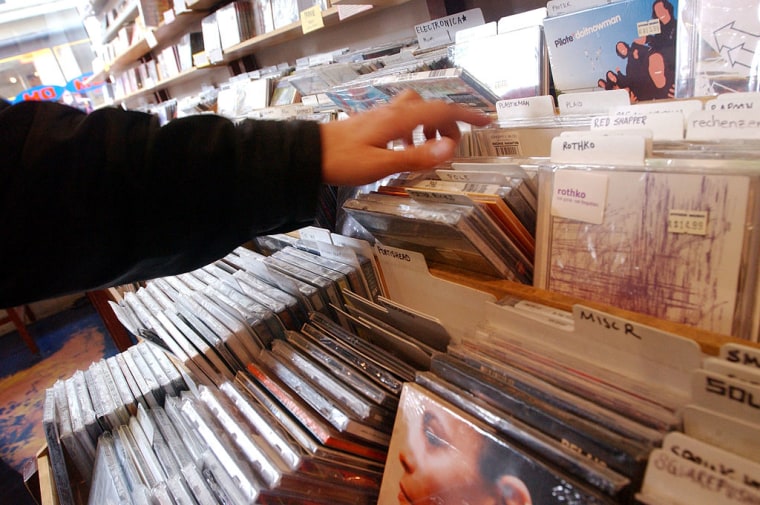 Spencer Platt
/
Getty Images
Spencer Platt
/
Getty Images
A new study from the International Federation of the Phonographic Industry has backed what many have been saying for years—that musicians are not seeing a fair amount of revenue for their music from the digital marketplace.
The IFPI, an organization “representing the recording industry worldwide,” published their report last week. It says that digital sales have overtaken physical ones for the first time, and now make up 45% of music industry revenue. In addition, people are listening to more music than ever before. However, the pace of this change has not been matched by equitable compensation for musicians.
Music is being consumed at record levels, but this explosion in consumption is not returning a fair remuneration to artists and record labels. This is because of a market distortion resulting in a "value gap" which is depriving artists and labels of a fair return for their work.
In her full commentary, IFPI CEO Francis Moore describes the value gap as “the gross mismatch between music being enjoyed by consumers and the revenues being returned to the music community.”
Perhaps most damningly, the report says that “user upload” streaming services are creating the value gap deliberately in order to pay out less. “The "value gap" arises because some major digital services are able to circumvent the normal rules that apply to music licensing.”
These streaming services rely on “safe harbor” laws to avoid these rules. But the report says these laws are too old, and are not meant to protect corporations.
[The safe harbor laws] were intended to protect truly passive online intermediaries from copyright liability. They were not designed to exempt companies that actively engage in the distribution of music online from playing by the same rules as other online music services. The effect is a distorted market, unfair competition and artists and labels deprived of a fair return for their work.
The report concludes pushing for change.
Rights holders from across the music community and wider creative sector are committed to changing this legislative anomaly. They say there is no case for digital platforms that have built major businesses on the back of music and other creative content, to be allowed to seek "safe harbour" refuge while they profit from making music available on the internet.
Youtube told the BBC that the company "paid out over $3bn (£2.1bn) to the music industry." Youtube CEO Robert Kyanci suggested that an artist's contract with their label could be affecting how much revenue they receive from their digital streams.